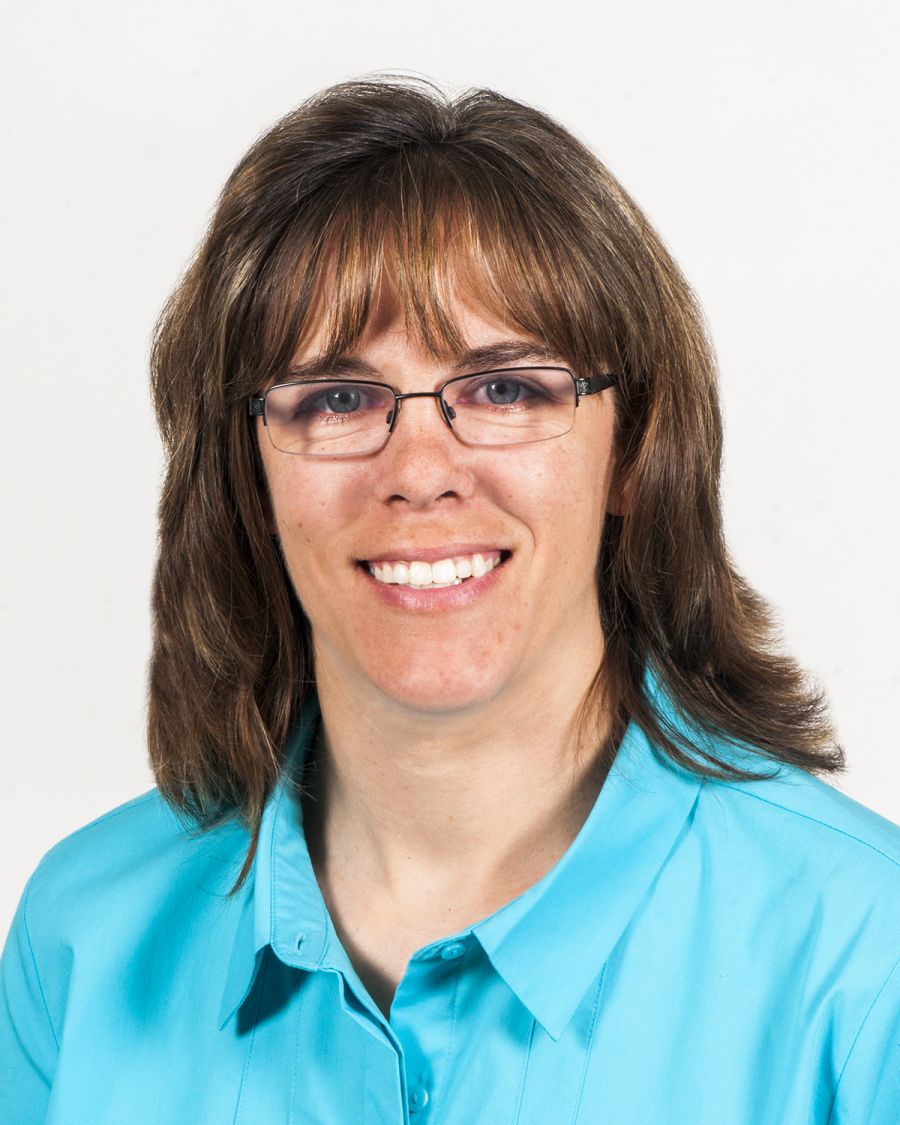


How do we end up choosing our profession? Why does someone become a teacher or an auto mechanic? Oftentimes it is because, from an early age, they were exposed to someone in a specific profession, such as a parent, family friend, or relative.
Individuals' career choices often follow a thread through families, neighborhoods, genders, and ethnicity. The other story we hear is of an instance in someone's life where someone in that profession made a profound difference in their own life. They saw someone make a difference, were inspired, and, in turn, are drawn to that profession. Why are career fields dubbed "non-traditional" for certain genders or backgrounds?
Civil rights activist and child advocate Marian Wright Edelman once said, "You can't be what you can't see." Many young girls do not think of becoming a firefighter, auto mechanic, or scientist because they do not see themselves in the examples they are presented with. As we begin Women's History Month, it is more important than ever to look at the incredible examples of women in non-traditional career fields, historically and today.
In 2022, the Chicago Fire Department and the City of Los Angeles Fire Departments appointed their first female leaders. Show young people the example of Chicago Fire Commissioner Annette Nance-Holt, the first African American to hold the position, and Los Angeles Fire Chief Kristin Crowley, the first LGBTQ person to hold the office. Tell the story of Col. (USAF, ret) Pam Melroy, an Air Force pilot, one of only two women to command a space shuttle, and who is currently the Deputy Administrator of NASA.
We must also remember the importance of pointing out the woman working at the shop where we service our vehicles, the woman who services our HVAC, and the woman running her own small business on Main Street in our communities.
Virtually every industry in the country is facing a labor shortage. Ensuring that we are encouraging all individuals in all fields is vital. It has been shown that by middle school, students are already starting to limit their view of career options based on gender. We, as a society, need to make genders in non-traditional fields visible to children from a young age so that they see the possibilities.
Women in all careers need to share their stories and be seen. Often, we think what we are doing is small or insignificant. You don't need to present to a large crowd to make a difference. Simply being visible to that young person who sees you at work can make a difference. Say "Hi," and ask them if they have questions. Be a mentor to the neighbor kid trying to choose a career path. We need to ensure we are showing these examples to our young people. They need to see that women working in all areas of our world is possible and acceptable and makes all areas of the workforce stronger.
A diverse workforce is critical. Different experiences, perspectives, knowledge, and skills brought by this diversity will improve services provided across all industries.

